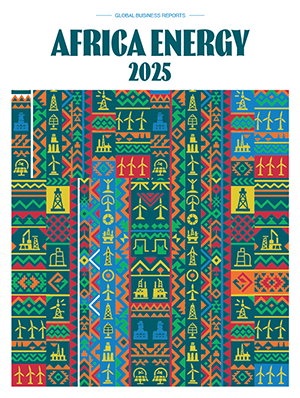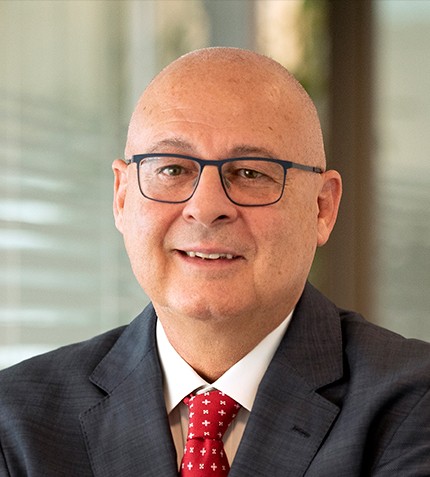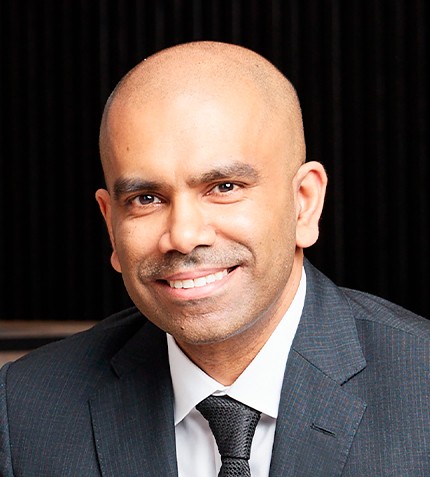
"We aim to catalyze economic growth by providing flexible, supportive financial services."
RELATED PUBLICATION
ARTICLES FROM THIS PUBLICATION
Hugo Teles
CEO, BANCO BIC
How has Banco BIC evolved its banking strategy?
We have strategically shifted from primarily serving importers to focusing more on the oil and gas, mining and agricultural sectors. In addition, we have been the number one banking credit provider for the last three years. Instead of investing 90% of our portfolio in government bonds, we prefer to allocate approximately 40% to credit for private companies and individuals. Our philosophy is that the private sector drives economic progress, and that local banks should play a leading role in encouraging growth. We have been more willing to provide loans, even with incomplete documentation, which is unusual in a market where 90% of real estate is not easily mortgageable. This approach reflects our belief in supporting business development and economic growth.
What is Banco BIC's international presence?
Until the beginning of this year, we had operations in Portugal, EuroBic, which was strategically sold by the shareholders. In addition, in Africa we have a small operation in Namibia, which is growing, and we have been exploring opportunities in the Democratic Republic of Congo for the past decade. We are exploring a fully operational banking presence in DRC, which we believe is a promising market, especially due to the mining sector’s increasing relevance. Nevertheless, other countries in the African continent are still an option for us.
How does Banco BIC view financing in the oil and gas and mining sectors?
Our current exposure to oil and gas service providers and operators is around 11% of deposits, which we acknowledge is relatively small. The Angolan economy has shrunk due to changes in oil and gas businesses, with many financial transactions happening outside the country. Most oil and gas projects are financed by large international banks, with local banks like ours having minimal participation. We have experience in banking syndicates and have collaborated with other banks like BFA, Standard Bank, and Caixa to finance projects, but our collective contribution is often less than 2% of a project's total value. In the mining sector, financing has been primarily driven by partners. We see potential in Angola's mining industry, particularly in minerals beyond diamonds. We are encouraged by the increasing presence of South African service providers and manufacturers entering the Angolan market.
In Angola, large investment projects are often shrouded in secrecy and directed to a few select banks. We are cautiously positioning ourselves and are already working with some companies involved in the Lobito Corridor. Our approach is to support companies with the flexibility to choose their banking partners.
How do you view the landscape for Angola's economic development?
I consistently emphasize to international investors that Angola is more accessible and less challenging than perceived. Banks like ours can help companies understand and navigate the market. However, we advise against simply coming to export – successful engagement requires genuine investment and partnership. We seek investors and companies willing to take calculated risks and truly invest in Angola. Local entrepreneurs seek meaningful partnerships, not exploitative relationships, where foreign companies bring minimal value and exit at the first sign of difficulty.
What are Banco BIC's strategic priorities?
Our priorities include supporting private sector development, maintaining a strong and stable capital structure, and expanding our credit offerings across diverse sectors. We aim to catalyze economic growth by providing flexible, supportive financial services. We see significant potential in industries like agriculture, which has remarkable untapped potential given Angola's favorable climate and land conditions. We aim to continue supporting businesses that can transform raw materials and create value within the country.
What message do you have for potential investors?
Investors should approach Angola with a genuine commitment to partnership and local development. We are not interested in short-term, one way business business models. The most successful engagements will be those where foreign companies invest capital, time, expertise, and a long-term vision for mutual growth. Angola offers numerous opportunities across agriculture, mining and oil and gas sectors. However, success requires understanding the local context, building trust, and being willing to navigate challenges collaboratively.











